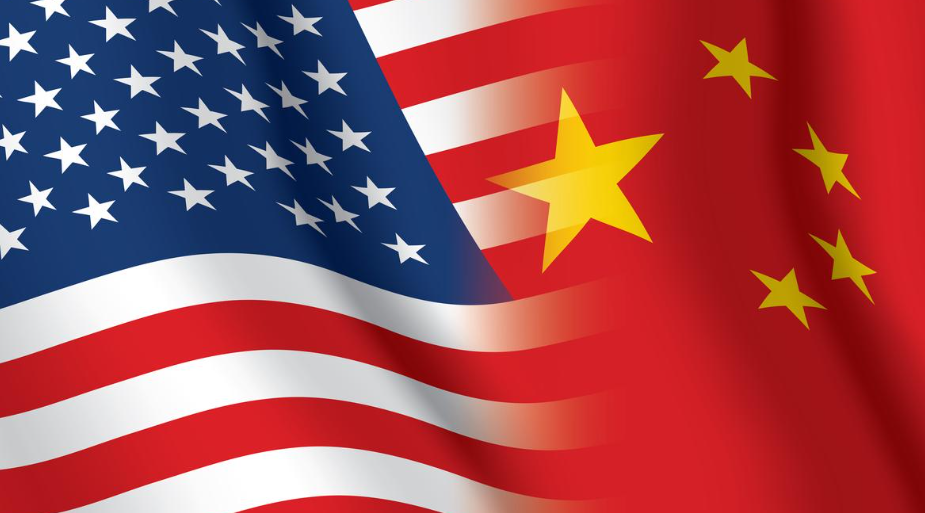India-Canada Diplomatic Tensions: Expulsions and Allegations (GS Paper 2, IR)

Overview
- The diplomatic relationship between India and Canada has recently entered a critical phase, highlighted by the expulsion of diplomats from both sides and serious allegations surrounding the murder of Khalistani separatist Hardeep Singh Nijjar.
- This escalation is not just a diplomatic spat but reflects deeper issues related to security, extremism, and the political dynamics within both nations.
Recent Developments
- On October 15, 2024, India announced the expulsion of six Canadian diplomats, including Acting High Commissioner Stewart Wheeler.
- This action came after Canadian authorities designated several Indian diplomats as “persons of interest” in the investigation into Nijjar’s killing.
- In a reciprocal move, India also decided to withdraw its own High Commissioner and other diplomats from Canada, citing security concerns amid the rising tensions.
Background on Hardeep Singh Nijjar
- Hardeep Singh Nijjar, a prominent figure associated with the Khalistan movement, was shot dead outside a gurdwara in Surrey, Canada, in June 2023.
- His killing, which India attributed to his involvement in extremist activities, has since become a focal point of contention.
- The Indian government had declared a reward for information leading to his arrest, accusing him of conspiracy related to terrorist activities.
Historical Context of India-Canada Relations
Formation and Evolution
- Diplomatic relations between India and Canada were established in 1947, shortly after India gained independence.
- Over the decades, these relations have evolved, especially after Prime Minister Modi’s visit to Canada in 2015, which elevated bilateral ties to a strategic partnership.
- However, the relationship has faced numerous challenges, particularly regarding issues of extremism and differing political perspectives.
Economic Relations
- The economic relationship between the two countries has shown growth over the years, with India becoming Canada’s 10th largest trading partner.
- In the fiscal year 2022-23, India exported goods worth approximately US$ 4.10 billion to Canada, while imports reached about US$ 4.05 billion.
- Both nations had initiated negotiations for a Comprehensive Economic Partnership Agreement (CEPA) and an Early Progress Trade Agreement (EPTA) to enhance trade cooperation.
- However, these talks were paused in September 2023 due to escalating diplomatic tensions.
Cultural and People-to-People Ties
- Canada hosts one of the largest Indian diasporas globally, estimated at 1.6 million individuals, comprising both Persons of Indian Origin (PIOs) and Non-Resident Indians (NRIs).
- This community plays a significant role in Canadian society, contributing to various sectors, including politics, business, and culture.
- Notably, the current Canadian Parliament has several members of Indian origin, reflecting the political influence of the diaspora.
Key Challenges in Relations
Khalistani Extremism
- A major point of contention in India-Canada relations is the presence of Khalistani separatist groups in Canada.
- The Indian government has long accused Canada of providing a safe haven for these groups, which advocate for the creation of a separate Sikh state.
- This perception is compounded by allegations that Canadian politicians, particularly from the Liberal Party, have courted these groups for electoral support.
- The Canadian government’s reluctance to act decisively against pro-Khalistani elements is seen as a serious irritant.
Security Concerns
- India has consistently raised concerns about Canada’s perceived inaction regarding anti-India activities on its soil.
- Instances such as a controversial parade in June 2023, which appeared to celebrate the assassination of former Prime Minister Indira Gandhi, have heightened tensions.
- India believes that the Canadian authorities have been slow to respond to incidents that threaten its sovereignty and security.
Background to the Current Crisis
- The killing of Hardeep Singh Nijjar marked a significant turning point in India-Canada relations.
- Nijjar was a wanted man in India for his alleged involvement in terrorist activities, and his death raised questions about the role of foreign agents.
- During the G20 Summit in September 2023, discussions between Prime Minister Modi and Prime Minister Trudeau included concerns about Khalistani extremism and the broader implications of foreign interference in domestic affairs.
Canadian Government’s Stance
- In a significant parliamentary address, Trudeau claimed that Canada was pursuing credible allegations linking Indian agents to Nijjar's murder, which India dismissed as "absurd."
- This public assertion further strained relations, leading to mutual expulsions of diplomats.
Recent Escalation
Diplomatic Expulsions
- In a series of escalating actions, both countries expelled diplomats in what has been described as a tit-for-tat response.
- India’s Ministry of External Affairs emphasized that the withdrawal of its diplomats was primarily due to safety concerns, accusing the Canadian government of failing to ensure their security amidst rising anti-India sentiment.
Allegations by Canadian Authorities
- The Royal Canadian Mounted Police (RCMP) has alleged that Indian government agents were involved in collaborating with organized crime networks, including the Lawrence Bishnoi gang.
- This gang, linked to various criminal activities in India, is accused of being part of a larger scheme to target dissidents abroad.
- Canadian officials argue that these actions violate international norms and compromise the safety of individuals residing in Canada.
Conclusion
- The ongoing diplomatic row between India and Canada encapsulates a complex web of historical grievances, political maneuvering, and national security concerns.
- As both nations grapple with these issues, the potential for further escalation looms large.
- The resolution of these tensions will be crucial for the future of India-Canada relations, impacting not only diplomatic ties but also economic cooperation and community relations.
- Moving forward, both countries must navigate these challenges carefully to foster a more stable and constructive partnership.


